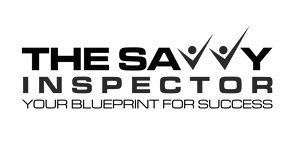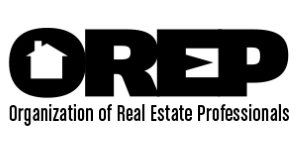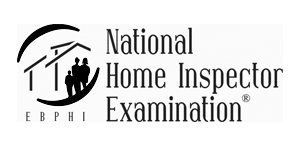
Home sellers are usually looking for a simple, straightforward home inspector’s report. However, if that simple home inspection report has bad news, it is highly likely they will have more questions and expect solid documentation. A professional home inspector utilizes science-based technology in their inspection process. This keeps opinions at bay and the bad news in perspective.
Technology speaks in facts, not opinions
In truth, your “opinion” as a home inspector isn’t what a home buyer is looking for. Using technology, you can provide real evidence to back up your professional opinion. Instead of getting into an argument built around your personalities, you and the seller can confront the hard, empirical evidence together.
Science and technology are designed to help us in everyday matters. For instance, using a microwave tester to demonstrate that the magnetron is working. When a home inspector utilizes this fancy little gadget, they will likely receive no argument on the merit discovery.
Breaking the bad news
The home inspector’s job can also often pin you between two homeowners and their real estate agent. When you have an arsenal of technology at your side, you are leveling the playing field.
Most home sellers are not keen on hearing they may face thousands of dollars in repairs to bring their home up to salable condition. Meaning, you, as the home inspector, will need more than just your highly trained, educated opinion. You also must show convincing evidence in a cool, calm, professional manner.
But which tools should you use?
Think beyond the essential hand tools a professional home inspector carries. Building your business means devoting greater financial resources to better equipment. Investing in more sophisticated technological tools will help make stronger reports. These hi-tech tools will help build a scientific, unemotional case for your inspection report:
-
A gas leak detector — Avoid depending entirely on your nose to detect the Mercaptan added to natural gas; again, the homeowner is left to argue with your tool, not with you.
-
An infrared camera — Able to detect temperature changes, it sees beyond human sight. This takes opinion and guesswork out of tracking water and air leaks, as well as finding overheating electrical and mechanical systems.
-
A pin-probe moisture meter — Provide the homeowner with precise, decimal-place values for the moisture in structural timbers, concrete, drywall and anywhere else moisture is suspected to be a problem; a superior model will allow contact and non-contact readings.
-
A combustion flue gas analyzer — Accurately assessing the performance of a furnace, wood stove, gas burner or oil-fired boiler is challenging to the most experienced home inspectors; using technology that provides fast, accurate readings takes the guesswork (and homeowner challenge) out of the equation.
What about software?
Establish your credentials early on with each home seller. Present a highly professional appearance by using software scheduling tools. These allow customers to schedule their inspection times during hours convenient to them (and you). Consider a program like Captera or Gigabook.
Using software in the field puts you at a higher level of expertise and keeps you ahead of the game. An added bonus - there will be increases your efficiency while boosting your professionalism to the home sellers. Consider using a home inspection reporting software like Horizon Inspection Software, which lets you create brilliant reports, provide great service, run a smart business, market for growth — and spend less time doing it all!
Moral of the story - avoid getting into clashes with homeowners by providing them the concise, precise data they need to realize your findings are accurate.







